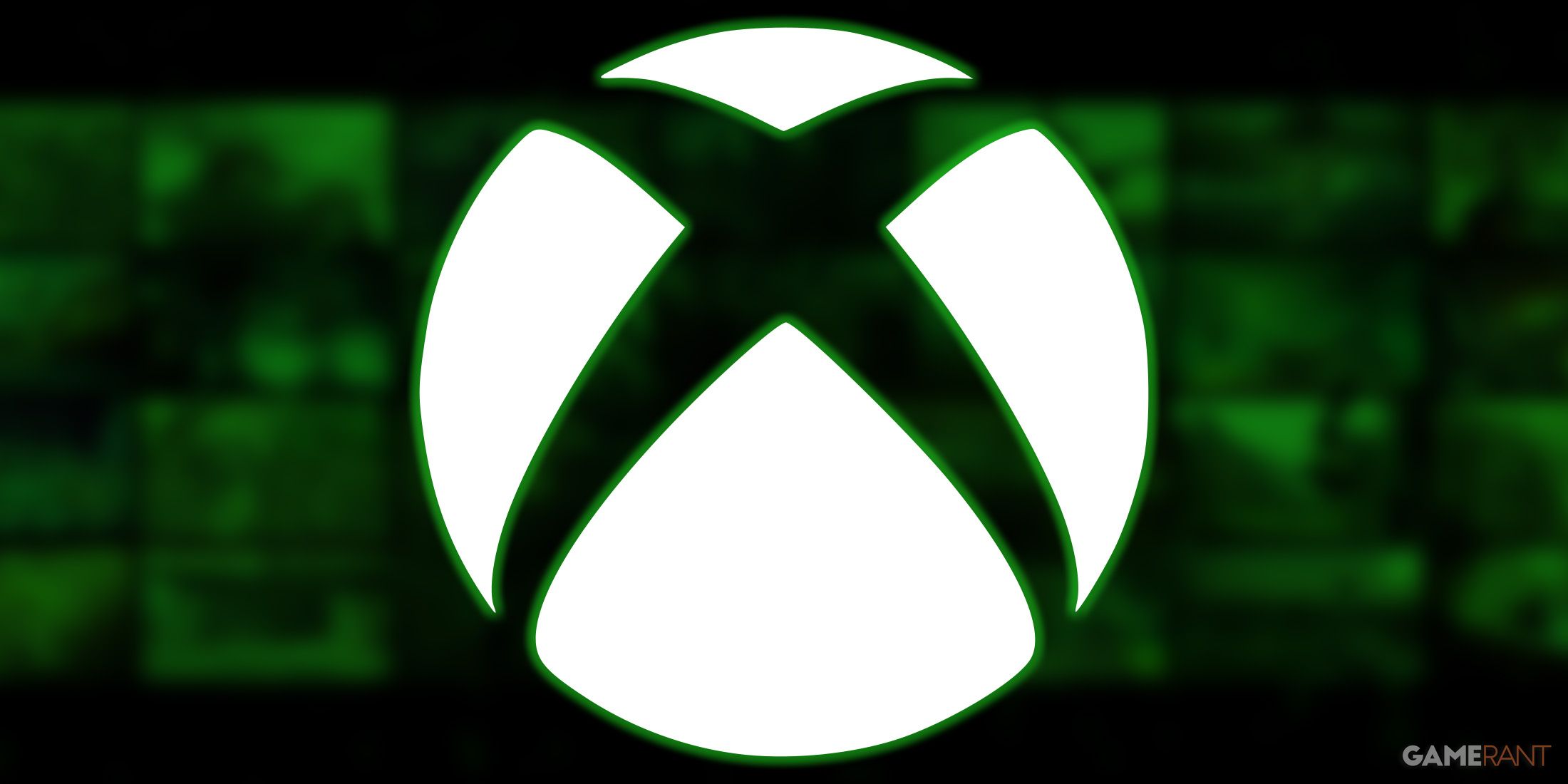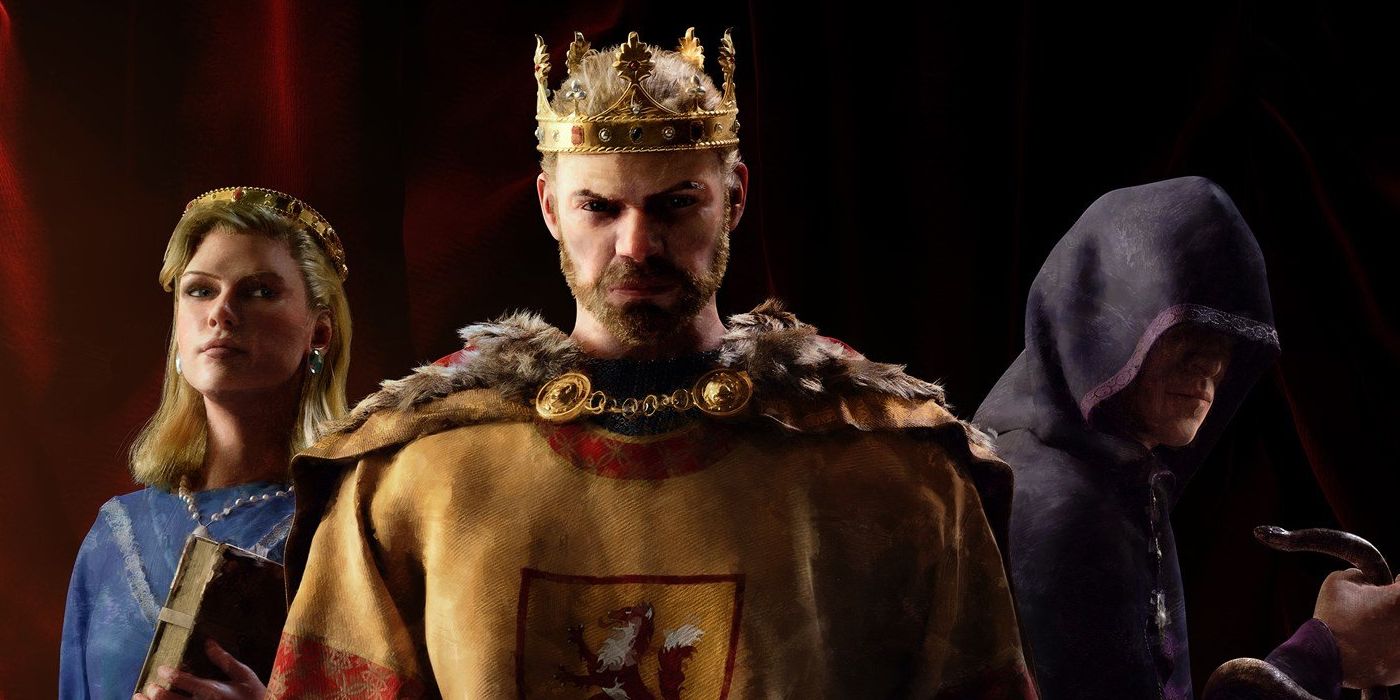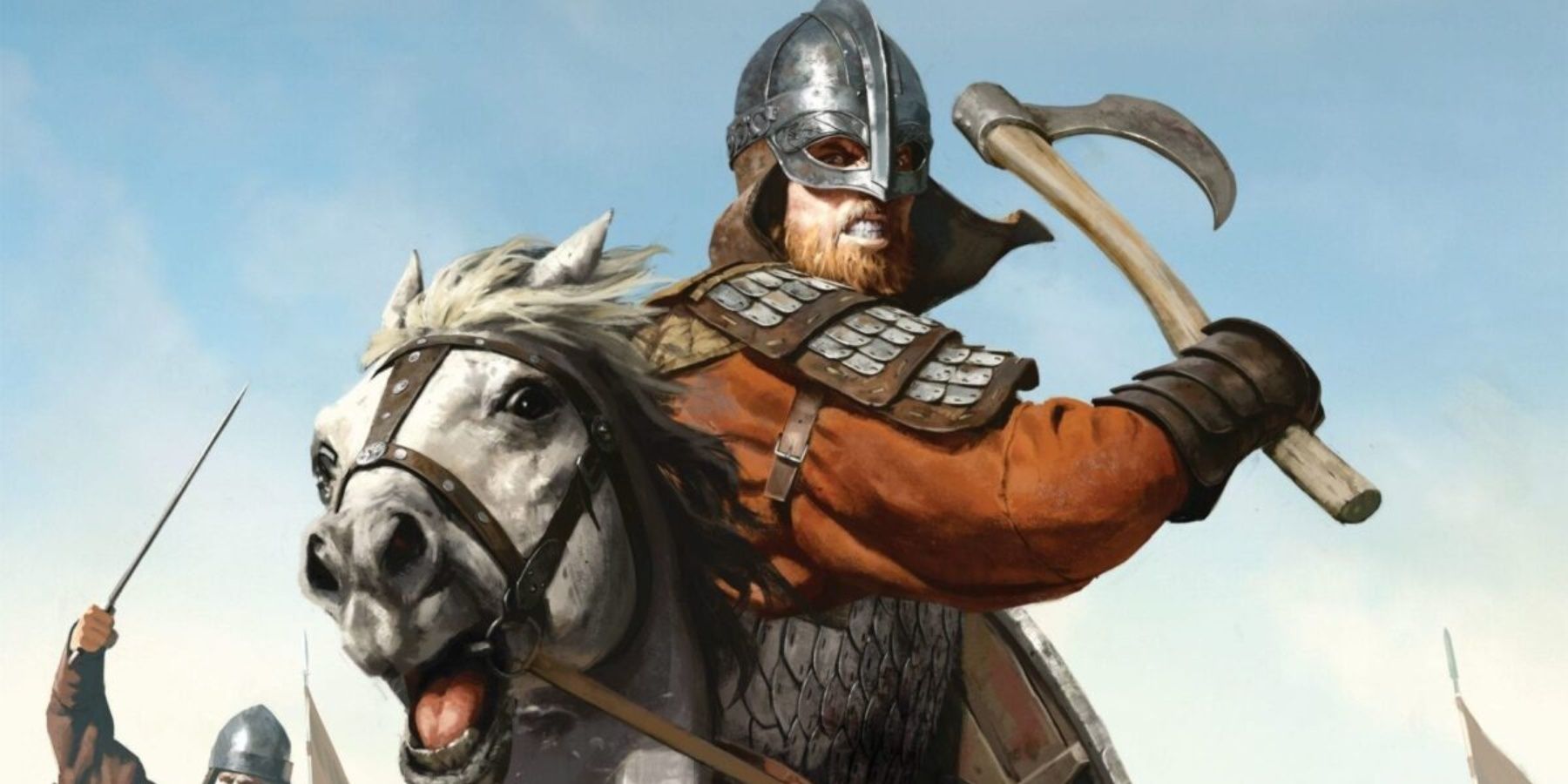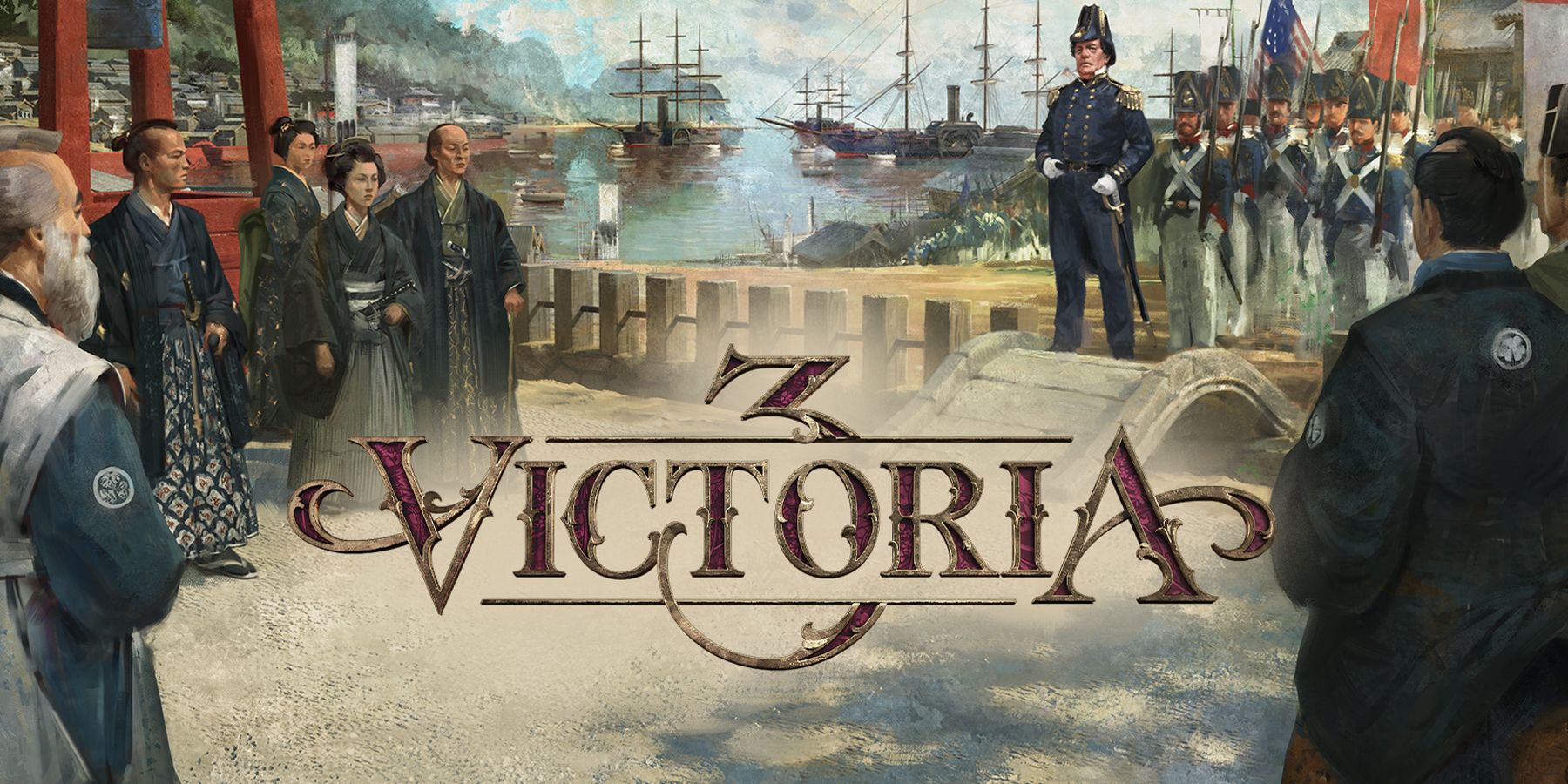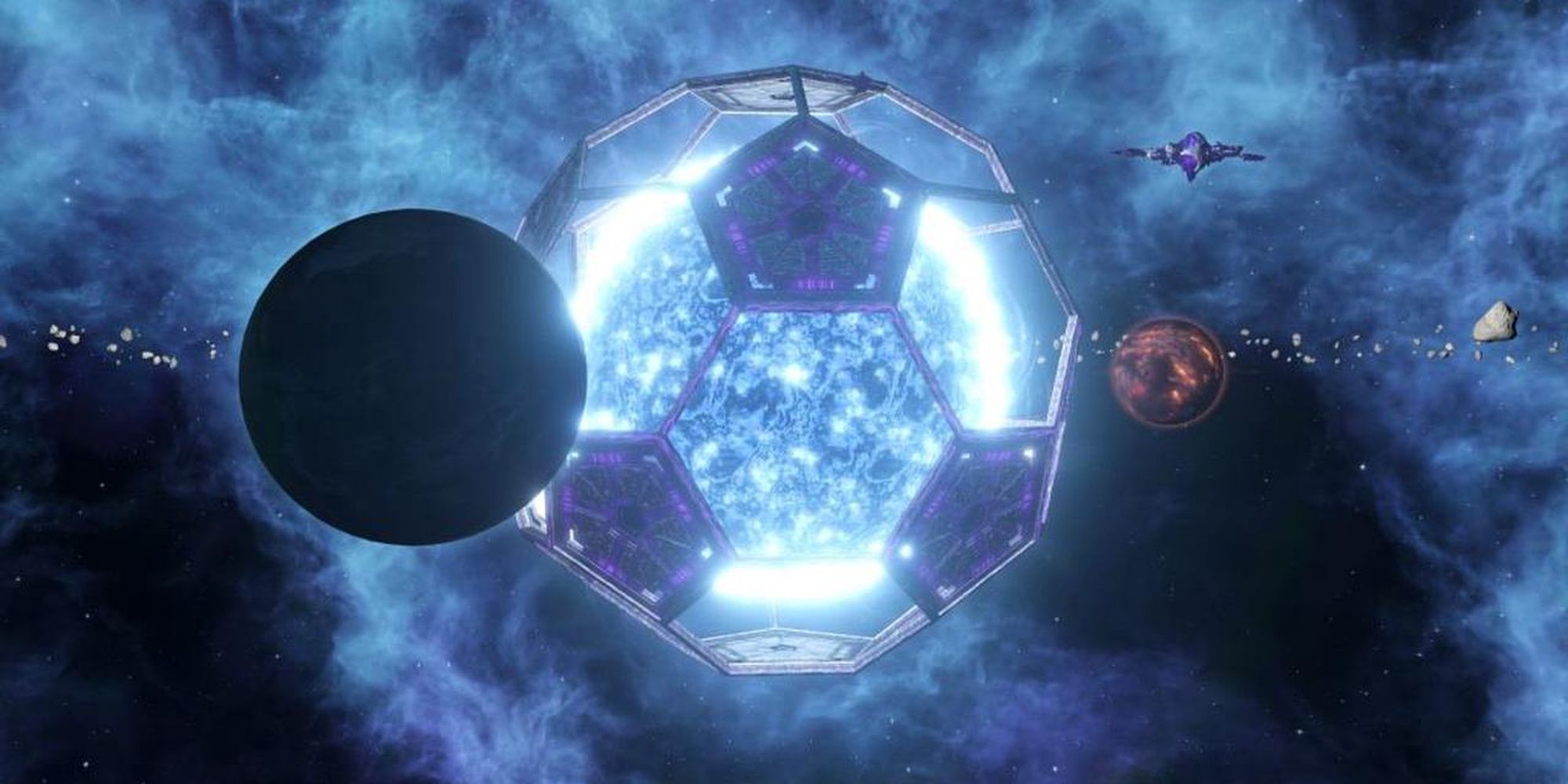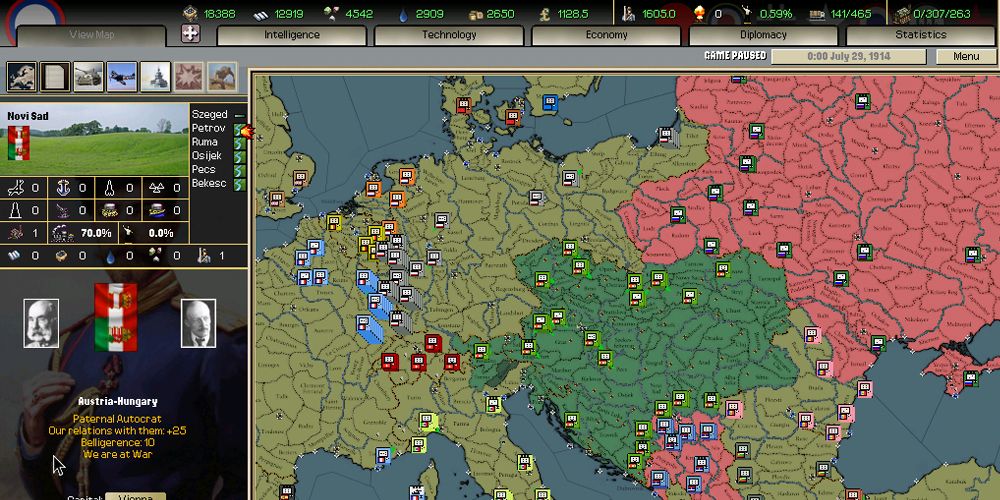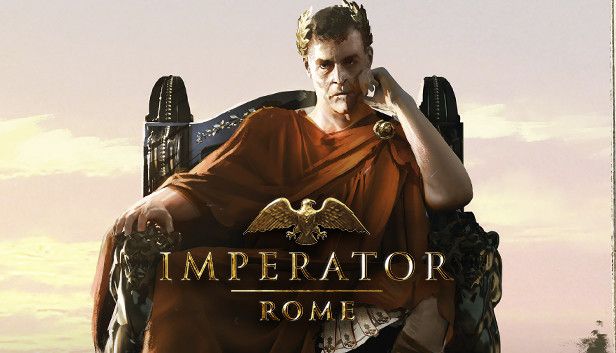There are a number of grand strategy games out there, but one studio tends to be the first people consider for the genre: Paradox Interactive. It has been developing and publishing games since the late 1990s, but its first fully independent release was 2000's Europa Universalis. Since then, Paradox has grown and put out many popular series known for their in-depth mechanics, memorable music, and historical settings.
While Paradox Interactive is known for its war-focused and political titles like the Hearts of Iron series, it has put out non-war simulation/strategy titles - the most successful of which likely being Cities: Skylines. Paradox has a vast catalog, and with so many series or one-off titles it can be difficult to know which to dive into. Considering most of them have unique sensibilities, some are certainly better or worse starting places than others.
6 S-Tier
Crusader Kings 3 -One of Paradox's most recent releases, Crusader Kings 3 provides players with a grand-strategy RPG that can tell the stories of generations of rulers, each family tree playing out different from the last. There is a lot to get lost in, and narratives that can keep players occupied for weeks on end. The Crusader Kings series is far more character-driven than most of the Paradox catalog, and the third entry sees that at its most fleshed out.
Cities: Skylines - It's an incredibly simple premise reminiscent of games like SimCity, but Cities: Skylines takes that outline and runs with it. The amount of things that can be built, the ways they can be built, and different configurations of systems that players have make for an in-depth city simulator that has yet to be topped.
Crusader Kings 2 - The predecessor to Crusader Kings 3 fills the same niche, but has far more DLC poured into it. While the sequel provides a smoother and overall better-feeling gameplay experience, Crusader Kings 2 has a decade's worth of mods and DLC that provide it with a depth that isn't met by its follow-up yet.
5 A-Tier
Europa Univeralis 4 - Europa Universalis 4 is an ambitious title that sets out to give players a grand strategy game during the Renaissance era. It provides the cleanest-looking entry in the Europa Universalis series, and players can choose many ways to "win;" whether it be through trade, diplomacy, or warfare. One downside is that the game requires DLC to be fully enjoyable, and some of the mechanics feel a little lackluster.
Victoria 2 - Victoria 2 has more to its political and economic systems than most other Paradox titles, taking place during the industrial revolution. The player will have to pay more attention to what their country produces and where they put their resources, where this can remain largely unaddressed in other series.
Mount & Blade: Warband -Action-RPGs aren't anything new, but Paradox really succeeded with this expansion for the original Mount & Blade, an open-world game where players can raise an army and can join different factions. Add on expanded diplomacy, multiplayer support, and graphical improvements, and Mount & Blade: Warband becomes one of the best medieval open-world experiences ever.
Mount & Blade 2: Bannerlord - A lot of what can be said about Mount & Blade and Warband can also be said for Bannerlord. It has a better vanilla experience than its predecessors, with more refined systems and new things to do. The one thing that the original and Warband have over this sequel is the amount of mods developed by fans.
Darkest Hour: A Hearts of Iron Game - Darkest Hour takes the experience many consider to have the best balance of accessibility and complexity in the World War 2 series, Hearts of Iron 2, and refines it. It has a relatively simple feature set, but players can find a depth that can feel lacking in later entries in the series.
4 B-Tier
Hearts of Iron 4 - One of the biggest entries in Paradox's catalog is Hearts of Iron 4. It is simpler than most other Paradox titles, but that makes it a good entry point for the genre. Most of the focus goes toward warfare, though other systems are more fleshed out than the third entry in the series, which can make Hearts of Iron 4 feel like a more narrative experience.
Hearts of Iron 3 - The previous entry in the Hearts of Iron series has the same premise, but is more difficult to get into. The systems are more complex in Hearts of Iron 3, which can be overwhelming for players who don't know what they're getting into. That being said, it can provide a more engaging experience on the battlefield.
Victoria 3 - The most recent Paradox title has been a long-awaited sequel, it isn't as complete as Victoria 2 due to a lack of DLC. The population mechanics make very little sense a lot of the time, and it has been seen as easier than Victoria 2. Yet it has a promising base, and in time it may grow to greater heights.
Hearts of Iron 2 -Darkest Hour is essentially Hearts of Iron 2 remastered. There's not much reason to go back and play the base game when it has a much stronger variant.
Age of Wonders: Planetfall - Planetfall is a fun 4x sci-fi game with tactical battles that make people think to best their opponents. There are a lot of stones to turn over as players find out more about the game's setting, and it moves at a fast pace compared to other games in the same genre.
Crusader Kings - While later entries in the series are better, the original Crusader Kings is nothing to shake a stick at. It provides a better experience than most older Paradox titles with a more simple interface to understand than some of its contemporaries, and the narratives that players can build over generations are as interesting as ever.
BattleTech - This Paradox title stands out for introducing big mechs through a fun battling system that can keep players coming back for more. However, there are some flaws such as it feeling repetitive because some strategies work too well.
Europa Universalis 2 - The second installment in the Europa Universalis franchise is much more historic, and that gives it a certain charm that differentiates it from later titles. If players are more interested in historically accurate games and don't mind pre-scripted events, it could provide an enjoyable experience.
Europa Universalis 3 -Europa Universalis 3 is when the series started heading in a direction away from strict historical accuracy. That will be to some people's tastes, and not to others - it really depends.
Europa Universalis - The original Europa Universalis was a big stepping stone for Paradox, and it still holds up relatively well.
3 C-Tier
Stellaris -Stellaris sounds like a great idea on paper, a grand strategy game where players build out an interstellar empire in the void of space, but it could've done with a bit more love and time in the oven. While the early game offers what players would expect - discovering planets and colonizing them, getting resources, and managing diplomacy - the late game can be a slog.
Magicka - Magicka isn't a grand strategy game, or a sprawling adventure like most Paradox titles. Instead, it's an action-adventure romp through a world inspired by Norse mythology. Magicka can be played with up to four players, and is good fun, but it can be a little rough around the edges.
Victoria - While sequels in the Victoria series would expand upon the ideas, mechanics, and gameplay found here, the original Victoria is a stronger early title from Paradox. It makes an intriguing and in-depth game focused on economics during the Victorian era, with shades of diplomacy and warfare.
Airfix Dogfighter - It's an old game with a straightforward premise, but Airfix Dogfighter controls well for the era it was released in and is simple fun for a couple of hours.
2 D-Tier
Sengoku - Sengoku was a forgettable Paradox release that takes place in feudal Japan, which sounds interesting on paper, but feels like depthful than Europa Universalis. It didn't receive the DLC that bigger titles get, and can feel empty after a couple of games.
March of the Eagles - While the gameplay of March of the Eagles is solid enough, it's lacking the depth that makes the grand strategy genre interesting. It would make a fine entry point for someone just getting into grand strategy, but at times feels like a glorified game of Risk.
Hearts of Iron - The original Hearts of Iron started a long line of World War 2 grand strategy games, and it deserves props for that. However, its age can show, and what it does well is improved by later entries in the series. By no means unplayable, but there isn't a ton of reason to go back to the first when there are better alternatives.
Chariots of War - A decent entry to the strategy genre, but one that will leave players lament a distinct lack of content. Chariots of War is a shallow experience that feels under baked by modern standards.
1 F-Tier
Imperator: Rome - A problem with many Paradox games is the reliance on future DLC that can sometimes make its original experience feel hollow, and there's no better example of this than Imperator: Rome. It feels like a copy of previous titles with less depth and a lot less fun, only benefiting from prettier graphics. With future DLC for the game being shelved, there's not much hope for this title moving forward.



